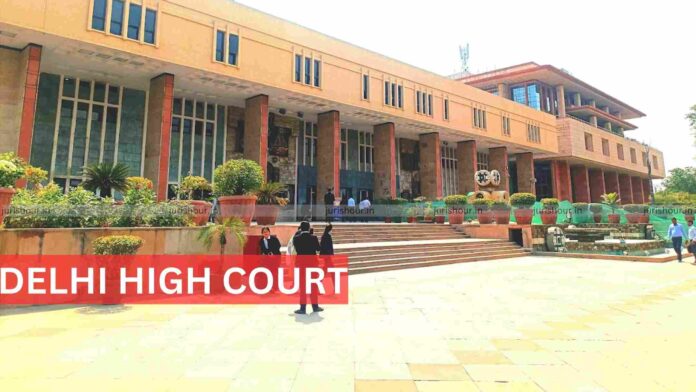The Delhi High Court has made it clear that any reduction in Goods and Services Tax (GST) rates must directly benefit consumers through a decrease in product prices, ruling out practices where companies attempt to bypass the mandate by adjusting product quantity instead of lowering the price.
A division bench comprising Justice Prathiba M. Singh and Justice Shail Jain observed that the fundamental purpose of reducing GST is to make goods and services more affordable for consumers. If manufacturers keep the price unchanged and instead increase the product quantity without consumer demand, the Court said, such conduct undermines the legislative intent.
“The benefits extended to the consumer are of utmost importance. The purpose of reduction in GST is to make products and services more cost-effective for the consumers. This purpose is defeated if the price remains unchanged while an unknown increase in product quantity is offered,” the bench noted.
The ruling came in response to a petition filed by Sharma Trading Company, a distributor of Hindustan Unilever Limited (HUL). The distributor had challenged the anti-profiteering proceedings initiated against it by the National Anti-Profiteering Authority (NAA) in 2018. The allegation was that despite a reduction in GST on Vaseline, the company continued to sell the product at the same Maximum Retail Price (MRP).
The distributor defended its position by arguing that the product volume was increased by 100 ml following the GST cut, which, it claimed, constituted passing on the benefit to consumers. The Court, however, rejected this line of defense, holding that a quantity increase cannot replace the mandatory requirement of reducing the price.
In reinforcing its stance, the bench cited the 2024 judgment in Reckitt Benckiser India Pvt. Ltd. v. Union of India. That ruling had unequivocally stated that neither increased volume nor promotional schemes, free materials, festival discounts, or other substitutes can satisfy the legal mandate of reducing prices.
“The legislative mandate is that reduction of tax rates or benefit of Input Tax Credit must be directly reflected in the reduction of prices. Such benefit cannot be diluted or substituted with other forms such as weight increase, free material supply, or festive offers like ‘Diwali Dhamaka,’” the earlier judgment had stressed.
Acknowledging that manufacturers may face practical issues such as pre-printed packaging after sudden tax rate changes, the Court nonetheless maintained that such challenges cannot override consumer rights.
“Upon immediate reduction of GST rates, the product MRP may remain the same, but the GST component has to be reduced, even if this results in the product being sold for less than the MRP,” the bench explained. It further added that businesses should be prepared for such contingencies rather than burdening consumers.
The Court described the practice of increasing product quantity while retaining the same MRP as a form of deception. “By charging the same price despite a tax cut, while offering more quantity that the consumer did not request, the manufacturer is curtailing the consumer’s choice. Such an approach is deceptive and defeats the very purpose of GST reduction,” the bench observed firmly.
Case Details
Case Title: Sharma Trading Company Versus UOI
Case No.: W.P.(C) 13194/2018
Date: 23rd September, 2025
Counsel For Petitioner: Vipul Agrawal
Counsel For Respondent: Kumar Visalaksh
Read More: Supreme Court Rules MFN Clause in Tax Treaties Not Automatic; Nestlé SA’s Curative Plea Dismissed

